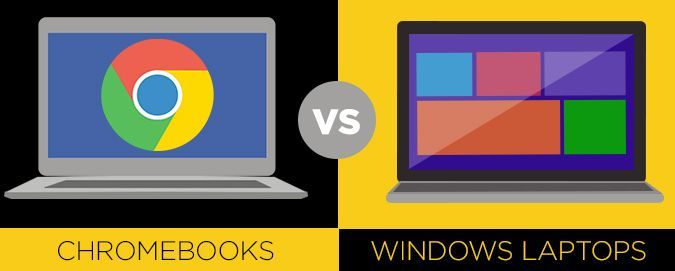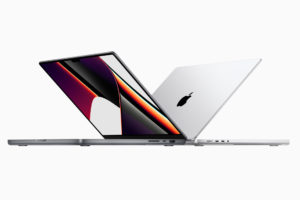It can be astonishing when you think of how computers have evolved within the past two decades. In comparison, a quality musical instrument from 20 years ago is still a quality instrument today. It may even have appreciated in value. Again, a good car from two decades ago is an old car, but it can still be fully functional.
However, a super high-end PC from two decades ago is worthless today. Laptops that were unwieldy blocks of metal and plastic are now super sleek machines that can be carried anywhere. Today, there is even a subset within the laptop category that focuses on being lightweight and cheap.
They are called Chromebooks. In this article, we’ll concentrate on what distinguishes a Chromebook from a regular laptop. We will also weigh in on who would benefit the most from using one device over the other. First things first, let’s describe what a Chromebook is.
Also Read: What Is a Netbook and Should You Buy One?
What is a Chromebook?
The term Chromebook is used to describe not just laptops, but also tablets and 2-in-1 devices running on Google’s Chrome OS. Chromebooks first appeared on the market back in 2010 as a successor to netbooks. At first glance, there is not much that tells a Chromebook from a regular laptop.
They both have the same flip-up design where the keyboard and screen are sandwiched together when the device is shut. There may be some hardware differences but the main distinction is in the software. Hence, it would be an appropriate comparison to look at Chromebooks vs laptops in a similar way to iPhones vs Androids.
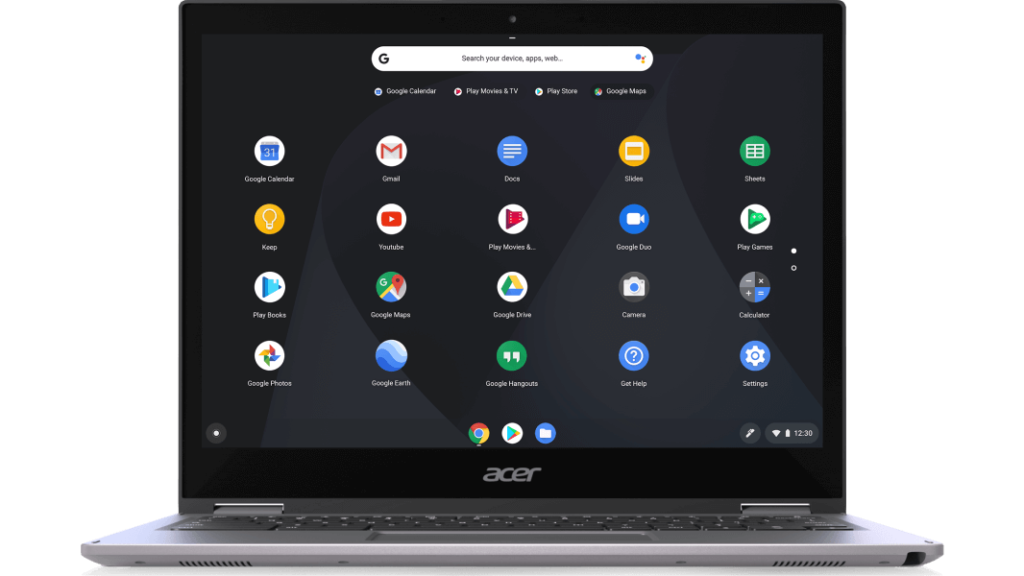
Androids and iPhones offer quite different user experiences. The differences between a regular laptop and a Chromebook run much deeper.
What is Chrome OS
Chrome OS is a Linux-based operating system that is much more lightweight than Windows or Mac OS. It is also heavily reliant on the internet and cloud storage. Chrome OS is more of a mobile operating system than a desktop one.
It can even run Android apps from the Google Play Store in addition to desktop Linux apps. This has its benefits for sure, but it’s not without its drawbacks either.
Also Read: Top 10 List of Chromebooks you should consider in 2019
Do You Need a Chromebook or a Laptop?
Most of the time the answer to this question boils down to personal needs and preferences. Both devices excel at different things and you should play to their advantages. To start with, let’s consider compatibility—what type of applications do you plan to run on your portable computer?
1. Compatibility
Do you want to play PC games or run certain professional applications like Adobe Premiere or Microsoft Office? In that case, a Windows or a Mac OS-powered laptop isn’t just a better choice, it’s the only choice. After all Chrome OS doesn’t even support Microsoft Office, let alone anything more complex.
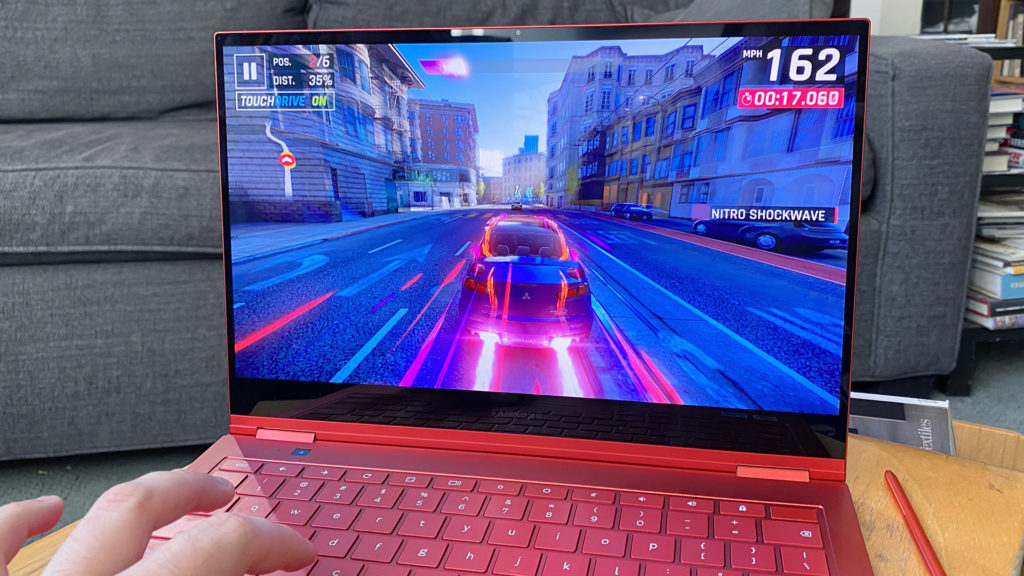
On the other hand, if you mainly need a device for web browsing, casual gaming, or work that can be managed by productivity apps available on Chrome OS, Chromebooks are a strong contender.
Also Read: What is Chrome OS and should you get Chromebooks instead of a PC
2. Battery Life
Something else that Chromebooks have going for them is longer battery life. Chrome OS is such a lightweight system, hence it doesn’t need as much hardware power to operate. This in turn means it can go much longer than a regular laptop on a single charge.
Also Read: How well do Android apps run on Chrome books?
3. Portability
The less powerful hardware and consequently smaller batteries mean Chromebooks can afford to be smaller. That makes Chromebooks more portable as they’re not just smaller, but they can also be carried around and used without the charging cable. In theory, regular laptops can accomplish this as well.
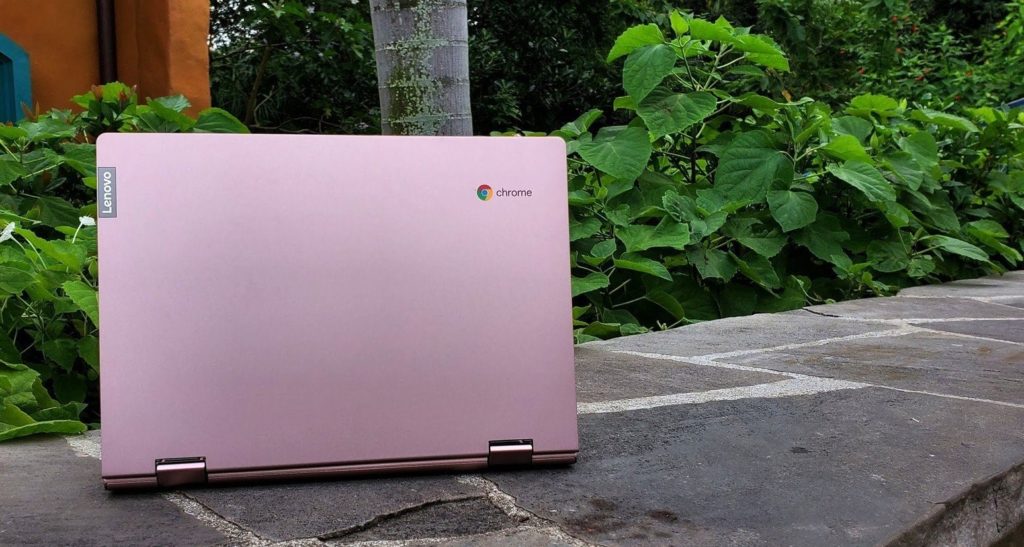
But just think of how many laptops you’ve seen or used that are essentially on life support. However, by the same token, this means that the screens on Chromebooks are smaller than they are on laptops. This can be a real issue if you need more screen real estate to work with.
Also Read: Chrome OS is slowly replacing Android on tablets
4. Productivity
Small screens on Chromebooks can seriously inhibit productivity, especially multitasking. A small screen also translates to a small keyboard size. Generally, keyboards on Chromebooks are far from what can be considered ergonomic. So users who need to do a lot of typing may want to lean towards traditional laptops.
Also Read: Google to bring Android apps to Chrome OS, not merging yet
5. Storage
Lastly, there’s the dreaded storage problem. Like we had already highlighted, Chrome OS relies heavily on an internet connection and cloud storage. This is mainly because the device itself comes with very limited local storage. This alone is a deal-breaker for users who don’t have access to a stable internet connection.
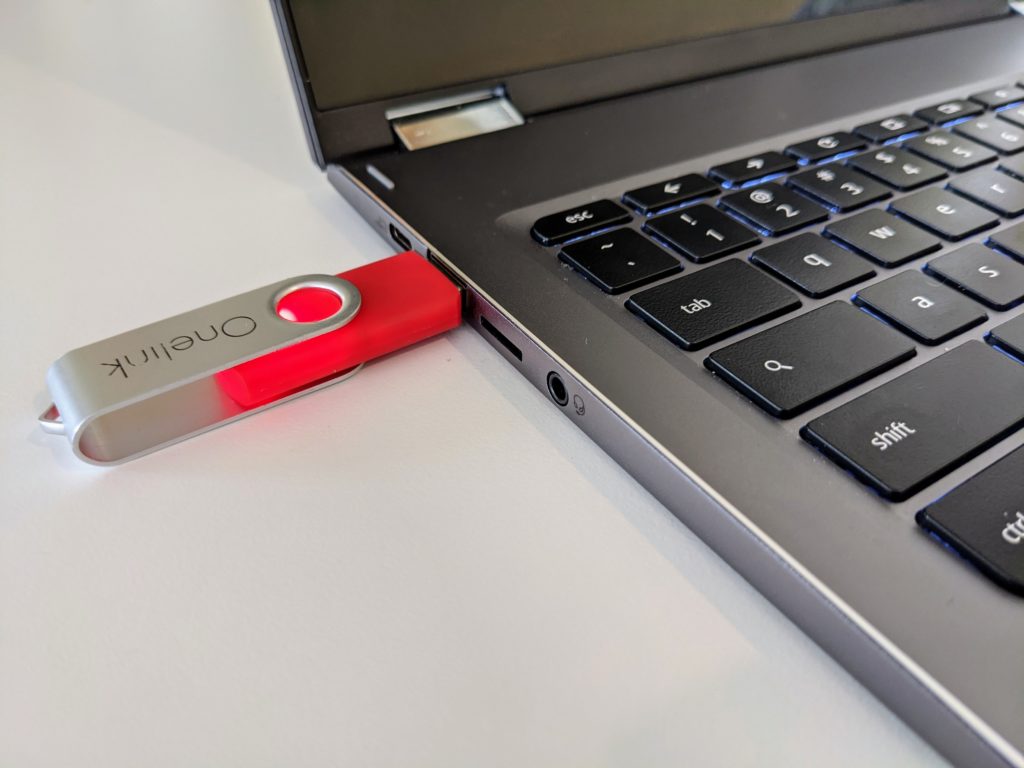
Not to mention that most people simply prefer having their files stored locally. While you can still connect an external storage device to a Chromebook, doing so kind of defeats the whole purpose of Chromebooks and their unmatched portability in the first place.
The Choice Is Yours
To sum it up, Chromebooks are great if what you need is an affordable and portable device with great battery life and a simple operating system that can be used for web browsing, casual gaming, and basic productivity tasks. Unlike laptops, however, Chromebooks are simply not suited for more serious gaming and more demanding professional applications due to their limited hardware.
Also Read: Why Laptops Are Getting Lighter (But More Powerful)
Featured image: Laptopmag.com
Discover more from Dignited
Subscribe to get the latest posts sent to your email.


